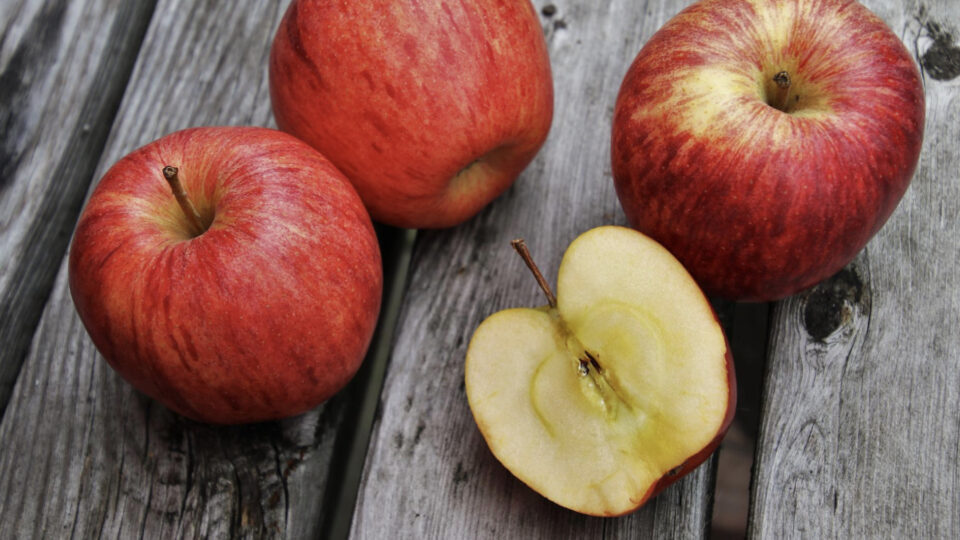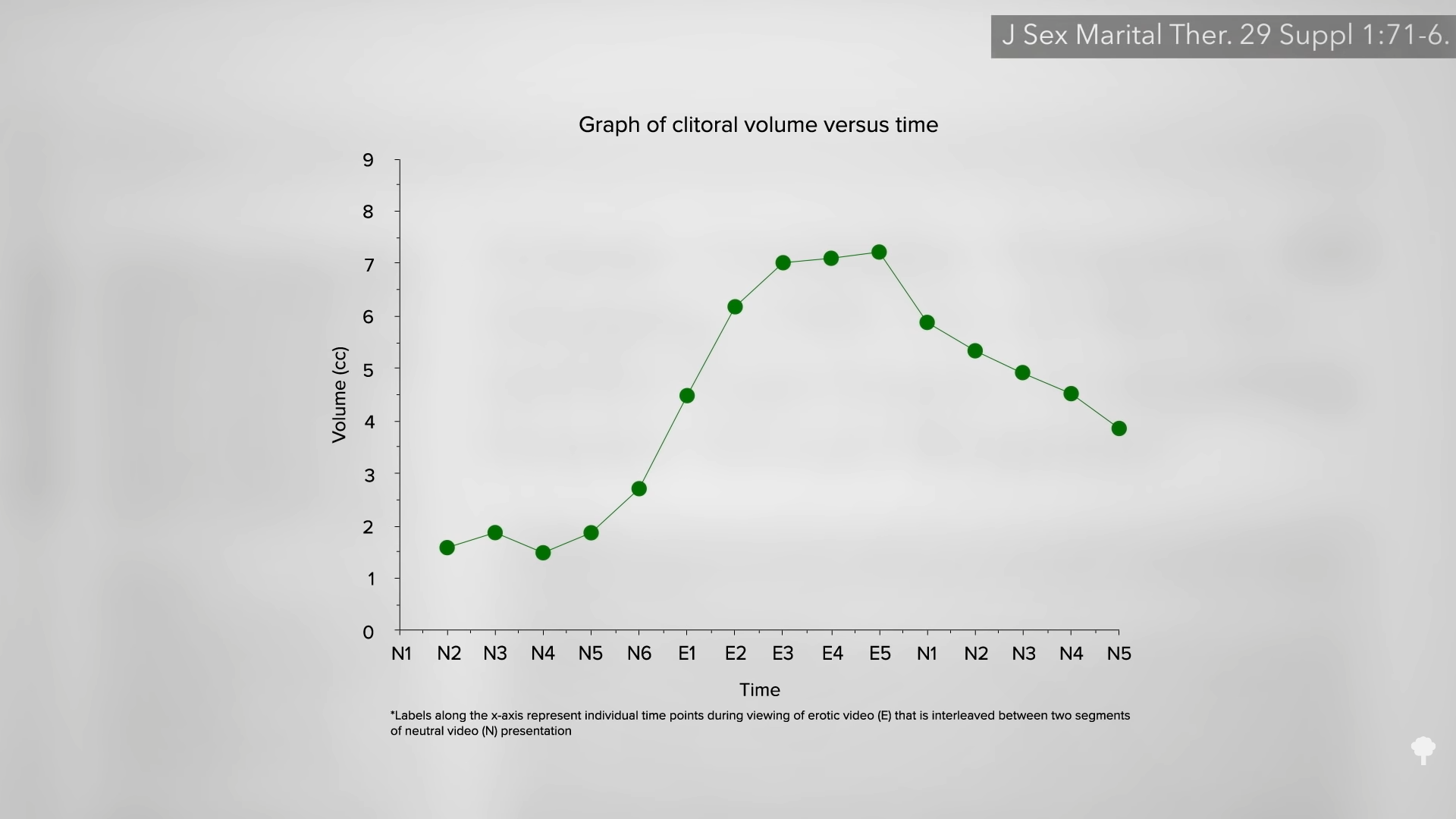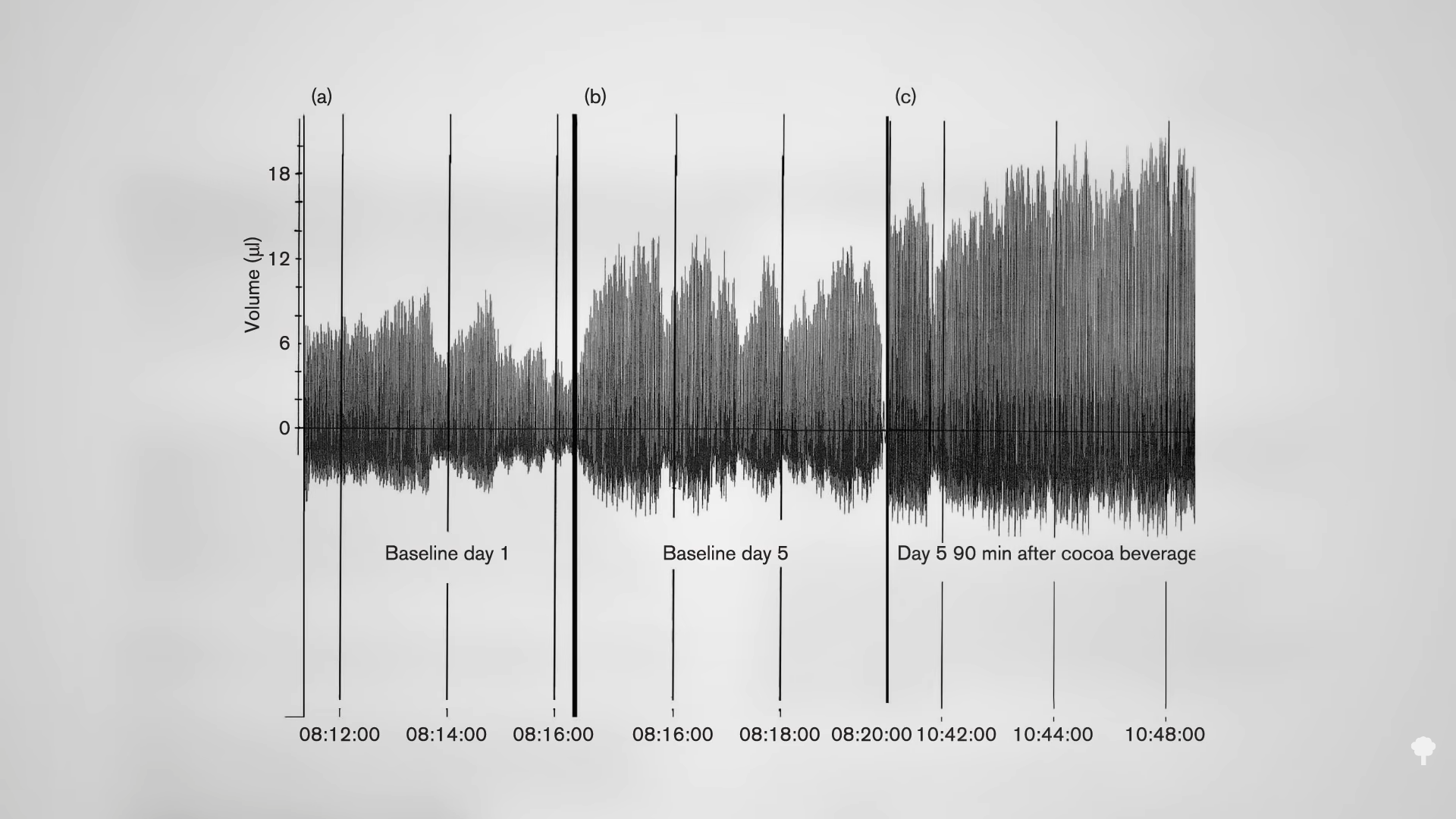
Addyi (flibanserin), the drug marketed for “hypoactive sexual desire disorder,” is ineffective and unsafe. What about dietary approaches for female sexual dysfunction?
“The creation and promotion of ‘female sexual dysfunction’ [as a mental disorder] is a textbook case of disease mongering by the pharmaceutical industry,” harkening back to the first edition of The Diagnostic and Statistical Manual of Mental Disorders, psychiatry’s diagnosis manual, which listed frigidity as a mental disorder, along with homosexuality. The latest manifestation is “hypoactive sexual desire disorder,” a disease invented by drug companies. When Prozac was about to go off patent, for example, “the company sponsored the creation of the condition premenstrual dysphoric disorder, depicted as a more serious form of premenstrual syndrome,” and used this new so-called mental illness to market a drug called Sarafem, “which was simply repackaged Prozac” in a pink capsule. “The condition previously known as shyness was condition-branded as social anxiety disorder, designed to provide a marketing edge for Paxil…”
“There are certainly women who are troubled by low libido, but there is no reliable scientific evidence that hypoactive sexual desire disorder is a real medical condition.” And, women can get diagnosed with it even with a normal libido. “A woman who is highly interested in sex, just not with her current partner, can still qualify for a diagnosis”—and the drug. Even a “woman who is happy with her sex life may still qualify for a diagnosis of hypoactive sexual desire disorder if her partner is dissatisfied…”
“The story began in 2009 when [drug company] Boehringer Ingelheim first applied for approval of flibanserin, a failed antidepressant, to treat hypoactive sexual desire disorder in premenopausal women.” There was a problem, though. It didn’t work. The application was resubmitted after more study and was rejected again, as was the appeal. But, in 2015, the FDA approved the drug. “What changed? Nothing about efficacy. The resubmission included no new benefit data.” The drug didn’t work any better. What changed is that the company that bought the drug “helped launch a new advocacy group, Even the Score.” The fake grassroots group lobbied “journalists, women’s groups, Congress, and the FDA” for approval, employing “the feminism argument to push for…approval on grounds of equality (men have their drugs; we want ours), when feminism in in fact a reason to object to flibanserin. How can it be feminist for doctors to tell women what’s normal and prescribe pills to control their sexual desire?” But, “within 48 hours of FDA approval, flibanserin was sold…for about $1 billion in cash. Very satisfying.” Very satisfying for the drug company, “but what about the women who take flibanserin,” now sold as Addyi? Not much. The drug just doesn’t work as advertised.
It may stimulate monkeys to groom each other more, but when researchers dug up the unpublished data about the drug, any clinical benefit was found to be “marginal, with statistically and clinically significant adverse [side] effects.” Indeed, “besides being ineffective in many women, flibanserin is a dangerous drug.” Combining it with alcohol “can cause dangerous hypotension and syncope [fainting]—problems so serious that the FDA put a black box warning, its most serious safety alert, on the label,” which, unfortunately, hardly anyone reads. In fact, “even without alcohol, flibanserin can cause severe drops in blood pressure levels and sudden prolonged unconsciousness.” Now, these types of serious side effects “might be acceptable in a cancer drug, but they are entirely unacceptable in a drug given to healthy women for an invented condition.”
Are there any safe and natural solutions? There are a lot of studies on diet and men’s sexual health, but what about women’s? As I discuss in my video Flashback Friday: Are Apples the Best Food for a Better Sex Life in Women?, research indicates that women with high cholesterol levels report diminished sexual function across a number of dimensions. This could explain why a more plant-based diet, rich in a variety of whole plant foods, “might be effective in ameliorating sexual function issues in women,” as it does in men—indeed, more whole grains, beans, vegetables, and fruit, and less meat, dairy, and sugar have been associated with a reduced risk of erectile dysfunction—because the anatomy and physiology of sexual responses are actually quite similar between men and women. As you can see below and at 4:21 in my video, using fancy MRI techniques, you can measure clitoral engorgement within minutes of exposure to an erotic video.

And, we now know that lubrication is all about blood flow, too. “Within the sexually aroused vagina,” the hydrostatic pressure from all the additional pelvic blood flow forces fluid “to leak onto the surface wall of the vagina as the vaginal lubrication.” How can we improve blood flow? Well, the flavonoid phytonutrients in cocoa can help open up arteries, increasing pulse wave amplitude after drinking cocoa for four days, peaking at about 90 minutes after consumption, as you can see below and at 4:54 in my video.

So, can that Valentine’s Day chocolate make a difference? Women who eat chocolate do tend to have higher female sexual function index scores compared to those who don’t eat chocolate, but the effect disappeared once age was taken into account. “Despite all the potential biological mechanisms supporting a role for chocolate as an aphrodisiac food,” the study failed to show a benefit. One would assume that chocolate could improve blood flow, but remember that was with cocoa powder. Maybe the fat and sugar in chocolate counteract the benefits. What are some whole food sources of flavonoids? As you can see below and at 5:35 in my video, onions have a lot. Indeed, fresh onion juice enhances copulatory behavior—in rats. For those of us less interested in “increasing the percentage of ejaculating rats” and looking for something other than onion juice for our hot date, how about an apple?

There was “not a study addressing the potential correlation between daily apple consumption and women’s sexual function” until…now. Women were split into two groups, either regular daily apple consumers or those consuming less than an apple a day. The result? The hundreds of apple eaters in the study scored significantly higher on the female sexual function index.
Note that the researchers only included women who ate unpeeled apples, because the phytonutrients are concentrated in the peel, so we don’t know if there’s a link with peeled apples. And, this was only an observational study, so “further studies will be necessary to clarify…the relationship between apple intake and female sexuality…However, the present data can allow the development of future research for identifying new compounds and food supplements to use in female sexuality recovery.” Okay…or you can just try eating an apple.
The psychiatry profession is infamous for colluding with drug companies to invent new mental disorders. I have some videos already scripted in the queue on “orthorexia.” Subscribe if you haven’t already to get notified so you don’t miss it.
I know how upsetting this video is, exposing the stranglehold Big Pharma has on the mental health profession. That isn’t the end of the story, though. Check out Do Antidepressant Drugs Really Work?.